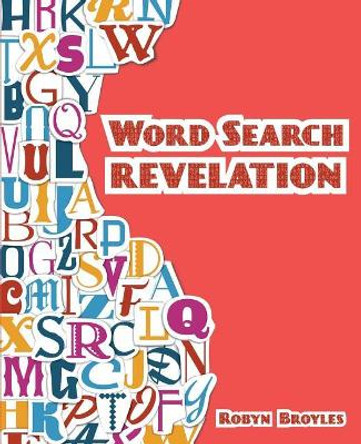Description
Boldly argues that divine revelation makes much more sense if it is thought in terms of experience rather than belief.
About the Author
Robyn Horner is Associate Professor of Theology and Philosophy at Australian Catholic University in Melbourne. She writes at the intersections of hermeneutic phenomenology, poststructuralism and fundamental theology. Professor Horner is also the author of Rethinking God as Gift: Marion, Derrida and the Limits of Phenomenology (Fordham University Press, 2001) and of Jean-Luc Marion: A Theo-Logical Introduction (Ashgate, 2005). She is in addition the volume editor, alongside Claude Roman, of The Experience of Atheism: Phenomenology, Metaphysics and Religion (Bloomsbury, 2021).
Reviews
'This is a book of strong and impressive scholarship. It engages with its material at a seasoned level, the author clearly having dwelt for a considerable period with the difficulties and challenges involved. It articulates the main theories and their implications with rigour and insight, and with a general lucidity that allows even the uninitiated access. It covers important theological territory, especially from a Catholic perspective, as it tries to come to terms with the notion of revelation and its possibility within a post-metaphysical world, using various lenses of French phenomenology especially to focus the task. It does not shy away from the problematics of thinking 'religion' in our current times, and has an accomplished grasp of the continental philosophy and theoretical critiques that have brought those problematics to the fore.' Andrew. W. Hass, University of Stirling
'This is a book of strong and impressive scholarship. It covers important theological territory, as it tries to come to terms with the notion of revelation and its possibility within a post-metaphysical world, using various lenses of French phenomenology especially to focus the task.' Andrew. W. Hass, University of Sterling
'It is important to continue to discuss - as Robyn Horner does here - the possibility, however minimal, of revelation in an age in which divine communication is no longer taken for granted but is instead looked at with suspicion. The author, to meet this challenge, tries to root revelation in deep and meaningful experiences, which are not always mediated by concepts, discursive faculties, or reflective and propositional attitudes. I find that extremely important, since much of the way we engage with the world is in a non-conceptual manner. Mood, affection, embodied habit: each of these consists of modes of inhabiting the world that important thinkers like Heidegger, Husserl, Merleau-Ponty and Marion discuss in some detail. We tend to negotiate the world by way of 'feel' and 'intuition', and by what we 'desire and love', not by concepts we work out with deliberative reason in stepwise fashion. Robyn Horner understands this well, and her book is an able and intelligent exploration of the prospects for a phenomenology of revelation in a secular age.' Joseph Rivera, Dublin City University
'Robyn Horner's book is an able and intelligent exploration of the prospects for a phenomenology of revelation in a secular age.' Joseph Rivera, Dublin City University
Book Information
ISBN 9781009100434
Author Robyn Horner
Format Hardback
Page Count 250
Imprint Cambridge University Press
Publisher Cambridge University Press
Weight(grams) 490g
Dimensions(mm) 235mm * 158mm * 19mm






